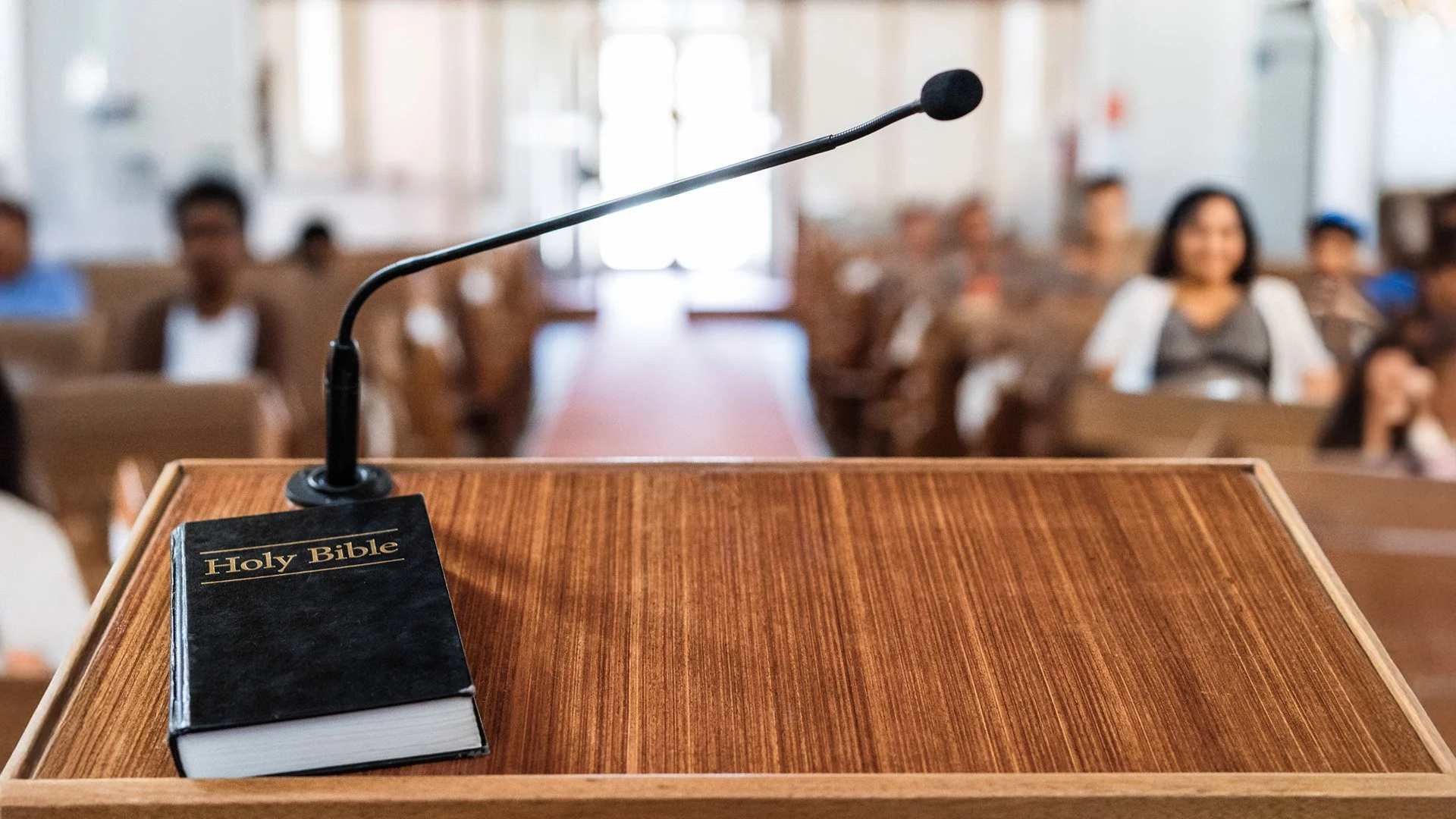No Endorsements Here…
Recently, the IRS announced that it would no longer endorse the Johnson Amendment. The Johnson Amendment was passed in 1954 and was named after then Senate Majority Leader Lyndon Johnson. The Johnson Amendment prohibited churches and religious organizations from participating in electoral politics, specifically, from endorsing a candidate for office. If a church or religious organization did endorse a specific candidate, it would lose its tax-exempt status. It has been suggested that this was an act of political revenge on Johnson’s part because two non-profit organizations with religious orientations had opposed him politically. He was known to hold a grudge.
The IRS has applied this regulation unevenly through the years. Candidates from both parties attended and spoke in churches. I heard preachers tiptoe around the Johnson Amendment by saying, “Now the government won’t let me say who I will vote for. But it says nothing about me telling you who I won’t vote for. So, I am not going to vote for Senator So and So, because God has told me he is a bad man. You draw your own conclusions.” That may be following the letter of the law, but it stomps on the spirit of the law.
Pastors and Religious Leaders on the left and on the right hailed this decision of the IRS. Many have long seen the Johnson Amendment as a limitation on free speech. I expect that in the next election cycle, we will hear of many preachers and pastors endorsing all kinds of candidates.
I will not be one of them. The most obvious reason is that by the next election cycle, I’ll be retired.
Even if I was not retired, as a pastor, I would not endorse any candidate for any office. Here’s why. First, history teaches us that whenever the church seeks political power, there is a diminishment of spiritual power. Jesus never told his followers to seek political power; he never sought it himself, and he warned his disciples that rulers more often than not would want to arrest his followers instead of accommodating them.
Second, Jesus gave his church a mission: “Go, make disciples, teaching them everything I have commanded you, baptizing them in the name of the Father, the Son, and the Holy Spirit.” Nothing in that mission is about politics that I can see. A disciple is someone who is like his master. The church’s mission is to teach people to be like Jesus. Evidence suggests we are not doing this very well. If we are not doing our primary mission well, why take on another mission?
Third, Jesus never asked his church to make Republicans or Democrats, or for that matter, Conservatives or Liberals. If his church is to make disciples, we must strive to be open to all people, no matter what their political affiliation. The county where I serve is a swing county, one of the few in the United States. If I endorse a candidate from a certain party, I will send a message to people in the other party that they are not welcome in our church. That is so contrary to Jesus! Shouldn’t church be the one place that transcends politics, where we place our Lord above our politics?
Fourth, as an observer of culture, a student of history, and a reader of scripture, I have noticed that every candidate is a sinner. The sins of some candidates are obvious. Other candidates have more hidden sins. There is no candidate that completely reflects the will of God, because every candidate is flawed. When I have made this point through the years, people come to me after I have spoken and argued with me. Their argument usually goes something like this: “Yes, he (or she) is flawed, but he (or she) is not as flawed as the other guy.” The problem with this argument is that we are arguing over levels of toxicity. Whether you mix in a little poison or a lot of poison into chocolate chip cookies, the poison makes them all dangerous. I do not want to lead the congregation under my care to put their trust in a flawed person, not a politician or a preacher.
Fifth, preachers need to preserve their prophetic callings. I’m not speaking about their chart about the end times; rather, the calling to speak truth to power. I’m not advocating that preachers make every sermon about the hot issues of the day. Too much of that kind of preaching isn’t good for the preacher or the congregation. But a pastor needs to be able to say about the actions of any politician, “This does not conform to the teachings of scripture.”
Finally, Psalm 146:3 says, “Do not put your trust in princes, in human beings, who cannot save.” If you take the Bible seriously (which I do), this verse tells me not to trust a human being who cannot save me. Jesus is the only one who can, so I will put my trust in him. Like the old hymn says, “My hope is built on nothing less than Jesus’ blood and righteousness.”

